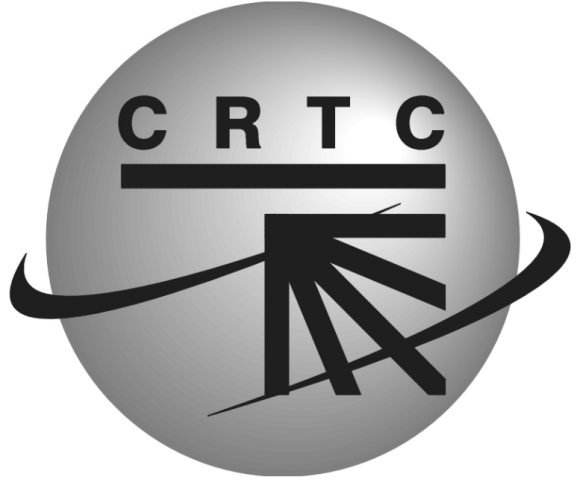
CRTC Wireless Code Review Creates “Regulatory Risk” Across Industry: Analyst
Canadian wireless carriers may face a new set a rules, according to Desjardins analyst Maher Yaghi, reports the Financial Post. The telecom regulator wrapped up a four-day hearing seeking feedback on the Wireless Code, but — as expected — didn’t issue any decision.

“No decision has been issued by the commission, but we believe this review generates regulatory risk across the industry,” Desjardins analyst Maher Yaghi wrote in a note to clients Monday.
The hearings were important for the telecommunication industry, which is growing year-over-year. What the analyst thinks it is important for the industry is mandated bill segmentation, requiring carriers to separate the amount charged for service from the device subsidy.
“In our view, bill segmentation would make the different charges more transparent to customers and would likely prompt them to look for cheaper (bring your own device) plans, which could pressure (average revenue per user) growth in the Canadian market,” Yaghi wrote.
The new Wireless Code has ultimately brought unexpected (?) benefits for Canada’s biggest telcos: Rogers, Bell and Telus posted higher average revenue per user last year compared to the previous year, according to recent earnings reports.
The regulator may also consider to ban phone unlocking fees, which would be great for subscribers. Telcos charge about $50 to unlock phones, a price on top of the cost of devices, which many customers argue should be free.
Michael Geist, in response to Yaghi in a blog post today on the issue:
The acknowledgement that mandated bill segmentation would lead to better informed consumers able to get more competitive pricing and that unlocking fees reduces the benefits of competition provides the CRTC with validation that the reforms would be pro-consumer and should be implemented with the forthcoming changes to the wireless code. Indeed, if the CRTC does not include the changes in the code, provincial governments should consider them as they work to update consumer protection laws for the digital marketplace.

